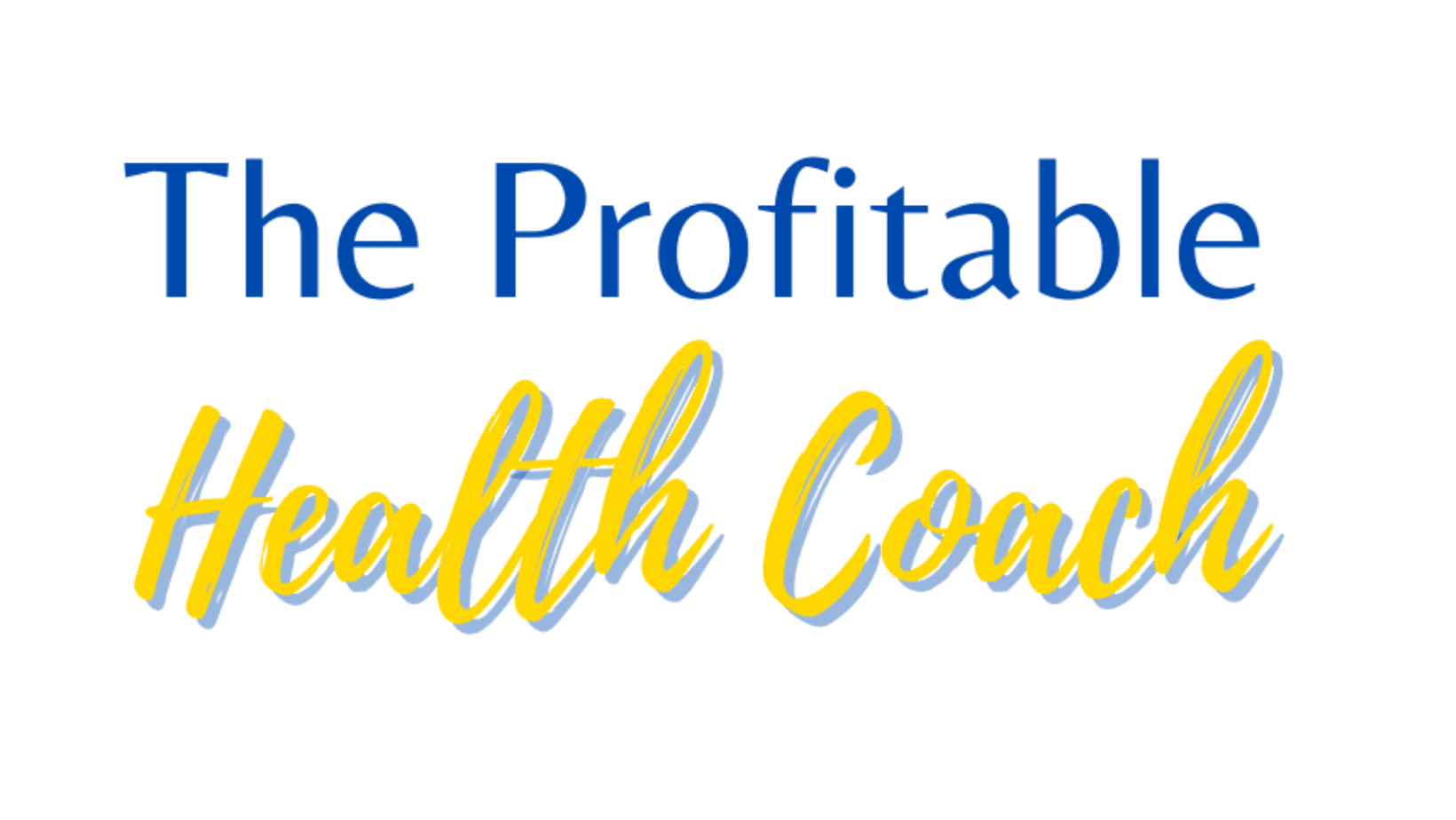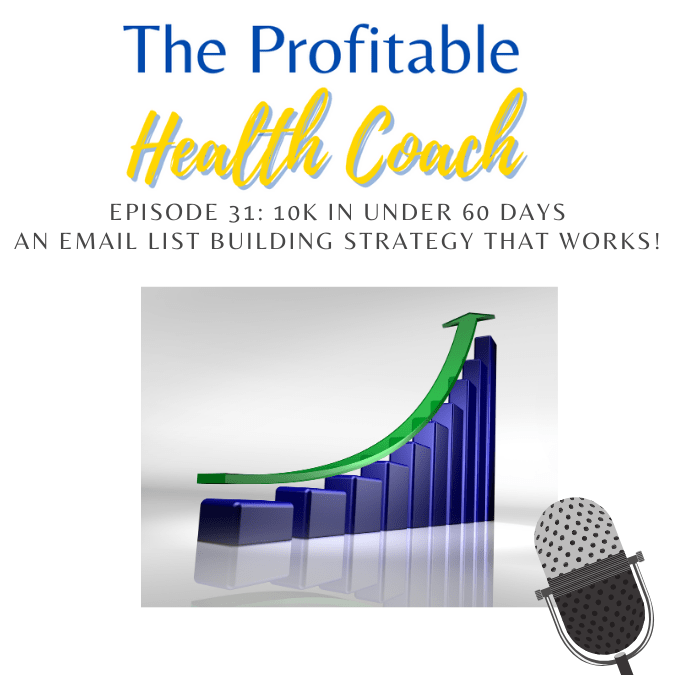Podcast: Play in new window | Download
Accountability is one of the core pillars of a sustainable and profitable business. It’s what helps you track your progress and reach the goals that you set!
Accountability is a huge part of the 12-Week Year goal setting program that I used to 5x my business in the last year or so, so you had better believe there would be a post that was dedicated JUST to accountability!
Unfortunately, when people think of accountability, they think of something *negative* … they associate accountability with CONSEQUENCES of doing something they shouldn’t or NOT doing something they should. They also believe that accountability is something external – that others hold YOU accountable for showing up in our business and I want to fix that idea right now.
Accountability is simply OWNERSHIP.
Ownership of your actions, ownership of your results. No one is going to punish you for not posting on social, or emailing your list if you said you were going to…. even though these are things that can have a major impact on your business.
We are talking about accountability that’s ownership … and that looks like you creating your own goals, tracking your own progress, and taking responsibility either way if things get done or not. If it didn’t get done, accountability means looking at what prevented you from doing it and making changes to future action plans to avoid similar circumstances.
Now that we’ve cleared that up, I want to get really specific in how accountability has 3 parts to it and how each part is critical in the setting and reaching of your goals in your business and how accountability helped me 5x my income in the last year and a half or so.
When I started using the 12-Week Year and practicing accountability, it was March of 2020. I had been dabbling in different offers – helping coaches with launches, creating sales pages, offering marketing strategies…
I felt like I was trying to do too many things, help different types of clients and it was really distracting me from setting up the type of business I really wanted – a solid and predictable source of income working with clients I loved and connected with.
I met my accountability partner Kathy Allen Davis in a Facebook group and we started meeting weekly. (If you don’t know Kathy, she was also on the podcast and has gone from food blogger to 6-figure plant-based lifestyle coach in the last year!) Accountability has been a huge part of her success as well!
Let’s dig into the 3-part accountability formula that can also launch you into success!
–> Part 1: Tracking Your Efforts
I used a Google Sheet to keep track of the tasks that I planned to do each week and check them off as I went. You’ve heard the quote: “What gets measured gets managed.” At the end of the week, the month, and the quarter, I had a record of each time I did (or didn’t do!) what I said I would.
This helped me to see where my activity (or inactivity) impacted my results through my lead and lag indicators. By looking at patterns of what did and didn’t get done week in and week out, I could see where my action plans needed to be adjusted going forward.
For example, if I saw that 3 weeks in a row I struggled to complete one of my action tasks and it made me realize that the task was just too big, it needed to be adjusted and broken down into 2 smaller tasks that I could fit into my schedule at different times in the week.
This way when I was creating my weekly action plan, I could schedule the first task in a 20-minute block on Monday and the second half in a 25-minute block on Thursday, instead of trying to find a full 45 minutes during the week to devote to this single task.
When I did this I found I had fewer empty spaces in my tracking sheet because I broke that bigger task into smaller, more manageable pieces.
—> Part 2: Weekly Accountability Scores
Part 2 and 3 are actually the two pieces of what’s called the Weekly Accountability Meeting that’s integral to the 12 Week Year program.
Kathy and I had a standing weekly call where we’d review all of the work we’d done for the week and we knew that Friday at 8:30 you’d better be ready to show up and own it.
Knowing I had a deadline to check off all the boxes kept me moving and motivated me to get it done!
Parkinson’s law states: “Work expands to fill the time allotted to it.”
Meaning… if you have an hour to do something, it will take you about an hour to get it done. And if you have no deadline, then you have no incentive to get it done and you’ll keep working on it forever.
If you are a victim of infinite procrastination – especially about tasks you really don’t enjoy and don’t want to do, for whatever reason, you know you can put these off indefinitely with a generic to-do list.
But this weekly meeting gave me a set day and time where I knew I wanted to be able to say “Got it all done!” It gives you that deadline – a set day, time each week so you know that your task list needs to be done and there is a hard cutoff time to report on it!
—> Part 3: Peer Accountability
Part 2 of the WAM is the peer accountability – meaning you have to tell someone else whether or not you did it.
Each week, not only do you track the tasks you complete, giving you an objective, numeric score of how well you followed the plan, but you have a cutoff day and time by which you need to complete them in order to calculate your score. The next part is standing up in front of your accountability partners and reporting those results.
Believe me, no one is there to judge you or mock you, but to support and cheer you on.
Now you know I’m all about collaboration over competition, and Kathy wasn’t even my competition – we are in totally different types of businesses, but my competitive side definitely came out when it came to these meetings because I did not want to be the one showing up and saying I hadn’t done the work.
I didn’t want Kathy to think I was some kind of slacker or lazy so that got me moving.
Now if you want more evidence that these 3 accountability components are critical to your success, I’ll share this as well:
A study was done by the Association for Talent Development and they found that individuals have the following probabilities of completing a goal by taking these actions:
– Having an idea or goal: 10% likely to complete the goal
– Consciously deciding that you will do it: 25%
– Deciding when you will do it: 40%
– Planning how to do it: 50%
– Committing to someone that you will do it: 65%
– Having a specific accountability appointment with someone you’ve committed to: 95%
The 12 Week Year is literally composed of all of these takes all of these components and gives you
If you follow the process – setting a goal, making space in your calendar for the work that’s required, creating a plan, scheduling and attending a Weekly Accountability Meeting with others you are 95% more likely to achieve that goal.
So these 3 areas are the parts of the accountability formula that exploded my business, helped Kathy to have a recent $15k launch, and will increase the likelihood to 95% that you will achieve your goal!




